Top 10 Largest Food Manufacturers in the World 2025
By ICON TEAM | Published on Jun 24, 2025
List Of Top 10 Largest Food Manufacturers in the World 2025:
Innovation, customer tastes, and a growing focus on sustainability are the main forces behind the dynamic and always changing global food industry. The biggest food producers are essential in influencing eating patterns, improving farming methods, and tackling issues like environmental impact and food security on a worldwide scale. According to market capitalization and revenue, the top 10 food manufacturers in 2025 will still control the majority of the industry thanks to their varied product lines, extensive global reach, and dedication to innovation. A thorough examination of these titans of the industry, their achievements, and their approaches to negotiating the intricacies of the contemporary food scene can be found below.
1. Nestlé S.A.:
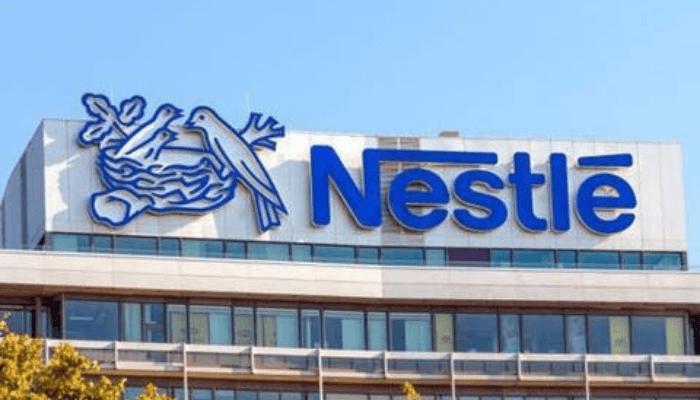
With its headquarters located in Vevey, Switzerland, Nestlé S.A. has maintained its position as the unchallenged leader in the worldwide food and beverage business for more than ten years. Nestlé was founded in 1866, has operations in 189 countries, employs about 270,000 people, and makes over $104 billion a year. Its wide range of products covers areas like infant food, bottled water, cereals, coffee, dairy, and pet care, and includes well-known brands like Nescafé, KitKat, Maggi, Purina, and Nespresso. Nestlé's dominance is driven by its emphasis on nutrition, health, and wellness as well as its large investments in research and development. As of 2024, the company had a market valuation of $263.3 billion. By encouraging sustainable agriculture methods and striving for net-zero greenhouse gas emissions by 2050, the corporation is demonstrating its commitment to sustainability. Nestlé has had difficulties, though, such as moral criticism of its labor and water practices, which it is still addressing with greater openness and better regulations.
2. Mondelez International, Inc.:
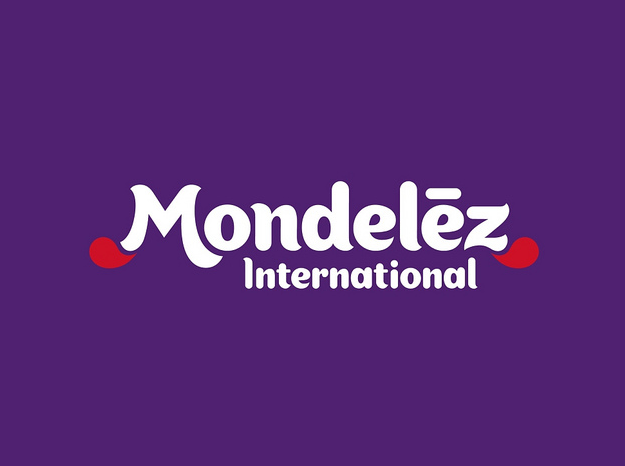
With a market valuation of $98.4 billion, Chicago, Illinois-based Mondelez International, Inc. is a major player in the snack food sector worldwide. With operations in more than 150 countries and well-known brands like Oreo, Cadbury, Toblerone, Ritz, and Trident, Mondelez was founded in 2012 as a spin-off from Kraft Foods. With an emphasis on convenience and decadence, the company specializes in chocolate, gum, candies, biscuits, and powdered beverages. By 2025, Mondelez wants all of its packaging to be recyclable and all of its chocolate to come from sustainable sources. Its emphasis on digital transformation improves customer interaction and operational efficiency, and extensive staff training initiatives promote an inclusive working atmosphere. Mondelez is positioned as a leader in the changing snack market because to its ability to adjust to health-conscious consumer trends, such as providing low-sugar and plant-based snacks.
3. Danone S.A.:
With a $49.4 billion market valuation, Danone S.A. is a French multinational corporation that was established in 1919 and is a leader in the fields of fresh dairy, plant-based goods, bottled water, and specialized nutrition. Well-known brands like Activia, Evian, Volvic, and Nutricia are part of Danone's portfolio, which operates in more than 120 countries. Research on medical and baby nutrition at the Daniel Carasso Research & Innovation Centre in Paris-Saclay demonstrates the company's dedication to health-driven innovation. As part of its objective to support sustainable food systems, Danone wants to become carbon neutral by 2025 and use only recyclable or compostable packaging. Danone, which employs around 100,000 people, is a major player in the worldwide health food market thanks to its emphasis on regenerative agriculture and customized nutrition.
4. The Kraft Heinz Company:
Created by a 2015 merger, the Kraft Heinz Company is a multinational corporation with headquarters in Pittsburgh and Chicago and a $42.5 billion market valuation. The corporation, which produces cheese, snacks, sauces, and condiments in more than 40 countries, is well-known for its renowned brands, which include Heinz, Kraft, Oscar Mayer, and Philadelphia. About 37,000 people work for Kraft Heinz, which brings in about $44.56 billion a year. By 2025, it aims to reach 85% compliance with global nutrition targets and cut greenhouse gas emissions as part of its commitment to sustainability. Through collaborations such with Harvard's Wyss Institute, the business is also developing to create health-conscious products like enzymes that convert sugar to fiber. Kraft Heinz is still a mainstay in homes all around the world, despite difficulties in adjusting to changing consumer preferences.
5. General Mills Inc.:
With a $41.0 billion market valuation, General Mills Inc., a well-known brand in breakfast cereals, snacks, and convenience foods, has its headquarters located in Golden Valley, Minnesota. The company was founded in 1928 and is well-known for brands like Nature Valley, Pillsbury, Betty Crocker, and Cheerios. With almost 35,000 workers and operations in more than 100 countries, General Mills prioritizes sustainability by lowering greenhouse gas emissions and aiming for 100% renewable electricity by 2030. By 2030, it wants to have improved soil health on one million acres of farms through its regenerative agriculture initiative. General Mills' standing as a reliable worldwide producer, especially in North America, has been cemented by its dedication to healthy, inventive products and ethical business methods.
6. The Hershey Company:
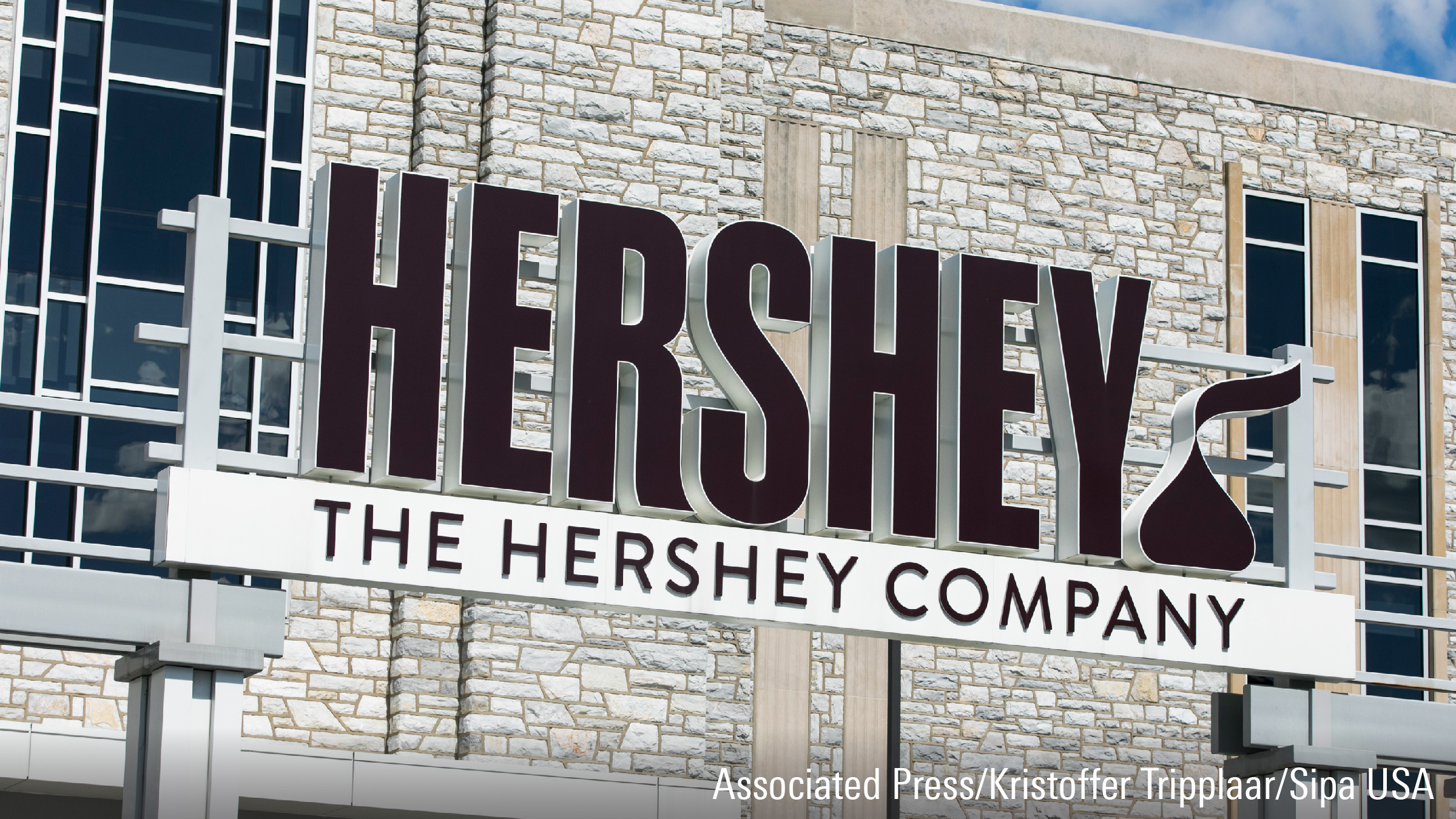
With a $38.8 billion market valuation, the Hershey Company, founded in 1894 and headquartered in Hershey, Pennsylvania, is a world leader in the confectionery sector. With operations in more than 60 countries and 20,000 employees, the company is well-known for brands like Hershey's Milk Chocolate Bar, Reese's, and Kisses. By 2025, Hershey hopes to lessen its environmental impact and source just 100% certified cocoa as part of its commitment to sustainability. the emphasis on ethical sourcing and community projects improves the reputation of the brand. Hershey's innovation in the confectionery industry, such as new snack shapes and healthier choices, guarantees its survival in a cutthroat market.
7. Kellanova (Formerly Kellogg’s):
The Chicago-based international company Kellanova, which changed its name from Kellogg's in 2023, specializes in cereals, snacks, and convenience foods. Producing brands like Eggo, Pringles, and Corn Flakes, Kellanova is well-known in both North American and foreign markets. In response to consumer demand for sustainable and healthier options, such as plant-based cuisine and environmentally friendly packaging, the company recently merged with Mars. Kellanova is a forward-thinking participant in the food market because of its emphasis on innovation, global expansion, and a dedication to minimizing plastic usage. Its makeover shows a calculated move to better suit the dietary and sustainable demands of contemporary consumers.
8. Associated British Foods plc:
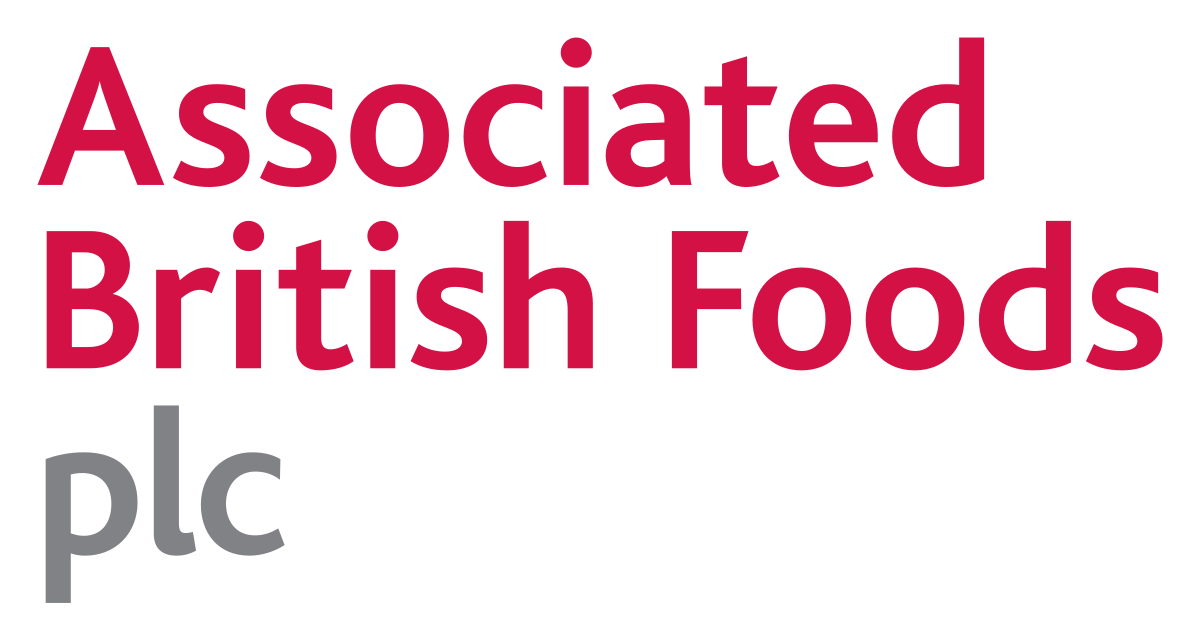
With its headquarters located in London, the United Kingdom, Associated British Foods plc (ABF) is a multifaceted food and retail corporation that holds a prominent position in the worldwide food manufacturing industry. The food section of ABF covers sugar, bread, and supermarket products under names like Twinings, Ovaltine, and Kingsmill. ABF, which has operations on several continents, is renowned for its vertically integrated supply chain, especially in the sugar industry. By minimizing its influence on the environment and sourcing responsibly, the organization places a strong emphasis on sustainability. ABF is a major participant in the global food market due to its size and diverse portfolio, even if it is less focused on consumer-facing brands than its rivals.
9. McCormick & Company, Inc.:
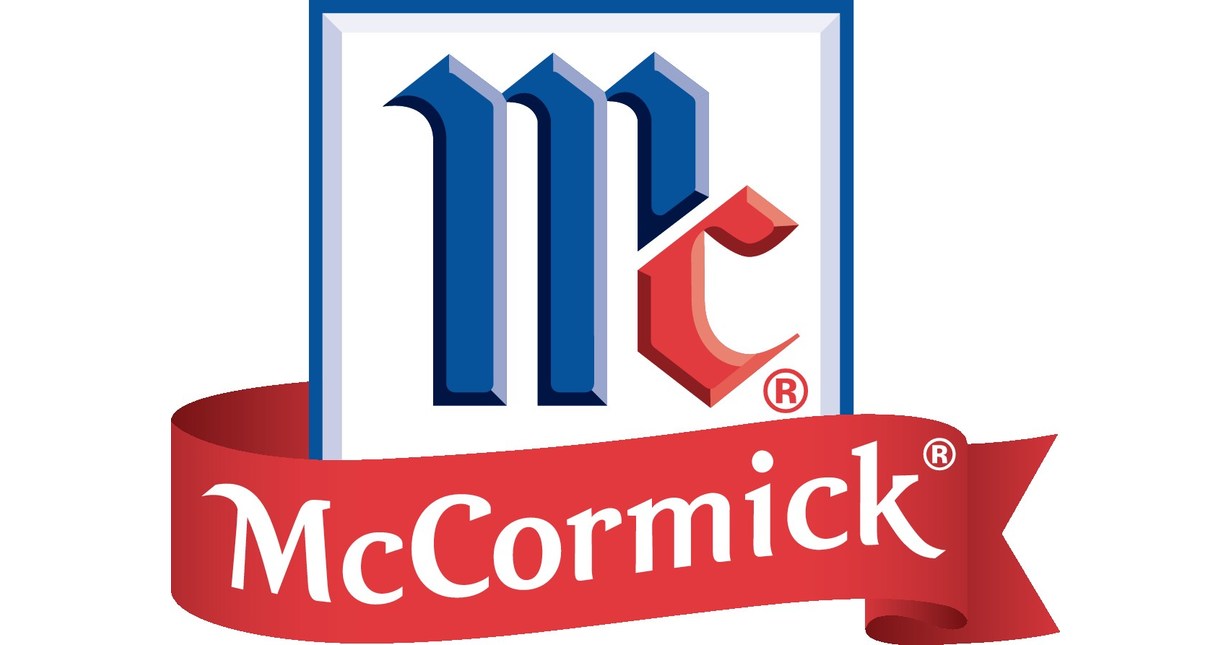
The Hunt Valley, Maryland-based McCormick & Company, Inc. is a world leader in seasonings, spices, and flavorings. Founded in 1889, McCormick supplies the foodservice and retail industries under the Frank's RedHot, French's, and McCormick brands. With operations in more than 170 nations, the company is renowned for its ability to innovate flavor trends and satisfy a wide range of gourmet tastes. Reducing greenhouse gas emissions and obtaining sustainable ingredients are two of McCormick's sustainability initiatives. McCormick continues to influence the global flavor business by focusing on quality and customer trust while adjusting to the rising demand for strong, genuine flavors.
10. Ajinomoto Co., Inc.:
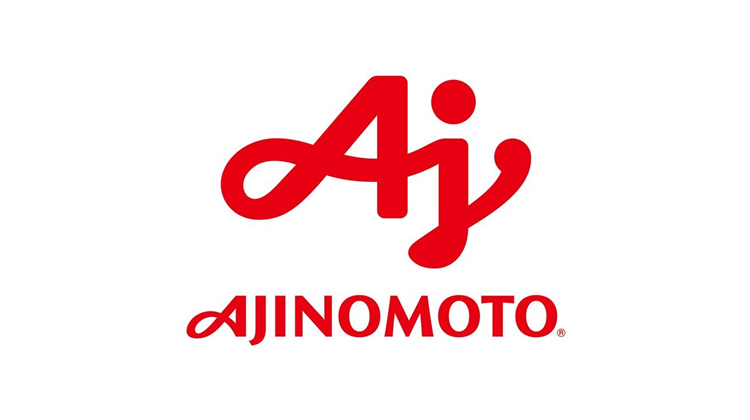
With its main office in Tokyo, Japan, Ajinomoto Co., Inc. is a world leader in processed foods, seasonings, and goods made from amino acids. Established in 1909, Ajinomoto is most recognized for its monosodium glutamate (MSG) and its brands, which include Knorr (in some regions) and Ajinomoto spices. The company, which operates in more than 30 countries, focuses on nutrition and wellness through its advances in amino science, which include plant-based and low-sodium products. Reducing plastic waste and encouraging sustainable agriculture are two of Ajinomoto's sustainability projects. It is an essential component of the worldwide food business due to its proficiency in improving food flavors and meeting nutritional requirements.
Comments 0